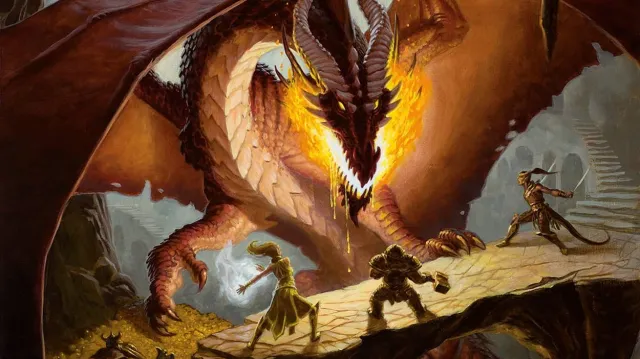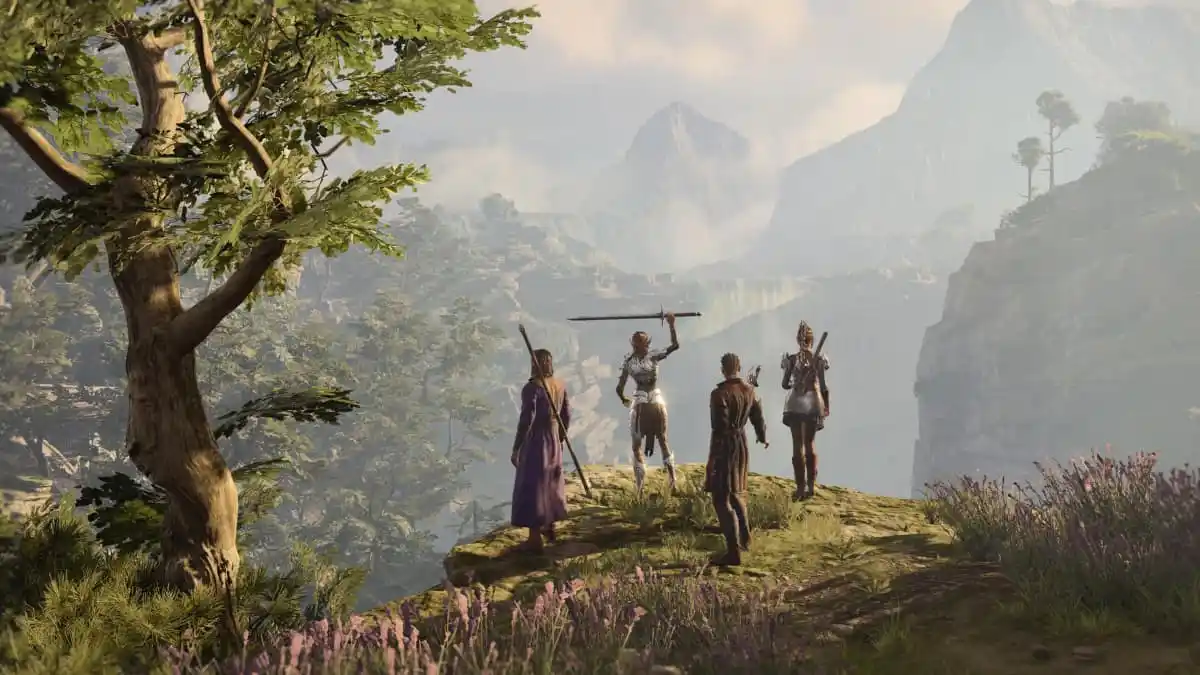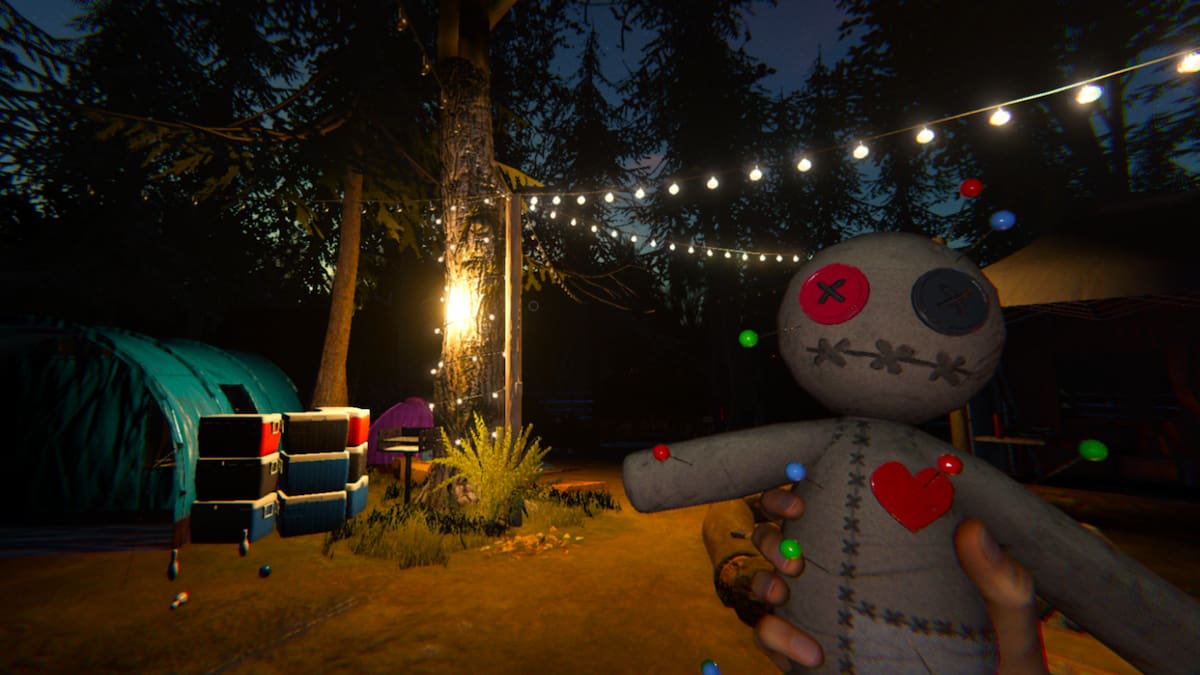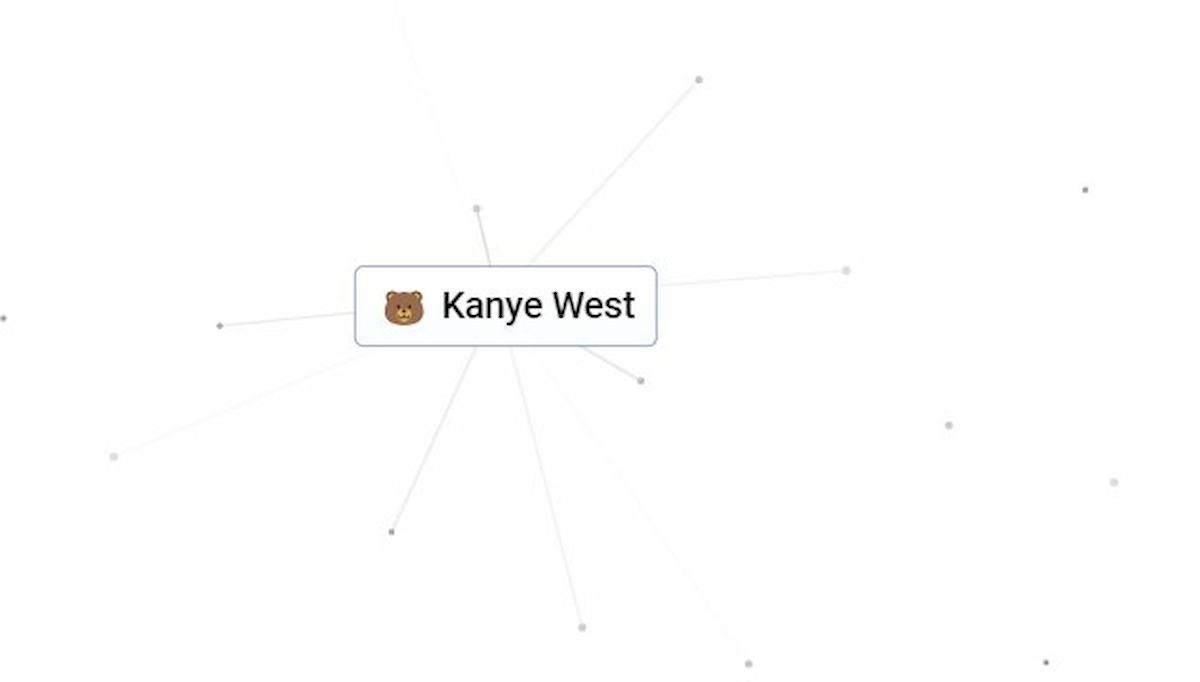Gaming has had a thriving culture and community for decades now. While the medium has had negative connotations in the past, the perception has since shifted to the extent that studies, like a recent piece from the Harvard Business Review, show how it’s a beneficial force for the workplace.
The article, published on Thursday, Oct. 3, notes that studies have suggested that gaming can build cognitive, social, and emotional skills relevant to organizational success. Participating in gaming can be as positive as other hobbies, such as sports, cooking, and more. The article suggests gaming helps productivity in the workplace and maintains stable mental health.

More specifically, gaming categories like tabletop role-playing games and board games, such as Dungeons and Dragons, “have been found to encourage social interaction, creativity, teamwork, empathy, and other capabilities that are beneficial” for the workforce. These games also help bolster communication and cooperation skills, balancing cooperation and competition.
Referring to a different Harvard Business Review report, the article says that since TTRPGs are collaborative in nature, using gaming-related metaphors in workplaces instead of sports metaphors avoids emphasis on rivalries. It then proposes that TTRPG metaphors may “prompt employees to see the organization as a league of heroic adventurers, leveraging their complementary capabilities to do epic deeds across the realm.”
A 2024 Games for Health Journal study that observed 25 individuals who played several one-hour D&D sessions over a year highlights more benefits of TTRPGs. The journal aimed to quantitatively evaluate the effect of playing Dungeons & Dragons on mental health in a community. It found that participants “demonstrated significant decreases in depression, stress, and anxiety and significant increases in self-esteem and self-efficacy over the study period.”
Additionally, the report mentions a large-scale study that compared 801 individuals who played Dungeons and Dragons with those who didn’t. The study revealed that, on average, the 399 Dungeons and Dragons players “exhibited higher extraversion, openness to experience, and emotional stability” compared to the 402 who didn’t.
However, TTRPGs aren’t the only thing beneficial to workers. A 2018 study proves that adults who play video games over time have quicker reaction times, processing speeds, improved memory, improved multitasking skills, and more. It also proved that gaming helped stress management in the participants. A 2014 article by Michael Schrage also supports this. The article says that video games, specifically MMORPGs like World of Warcraft, improve cognitive and social skills and boost self-discipline and adaptability.
The Harvard Business Review says gaming topics should be welcomed in the workplace. Gaming could even be incorporated into companies to help increase productivity and maintain stable mental health in employees.







Published: Oct 7, 2024 04:16 am